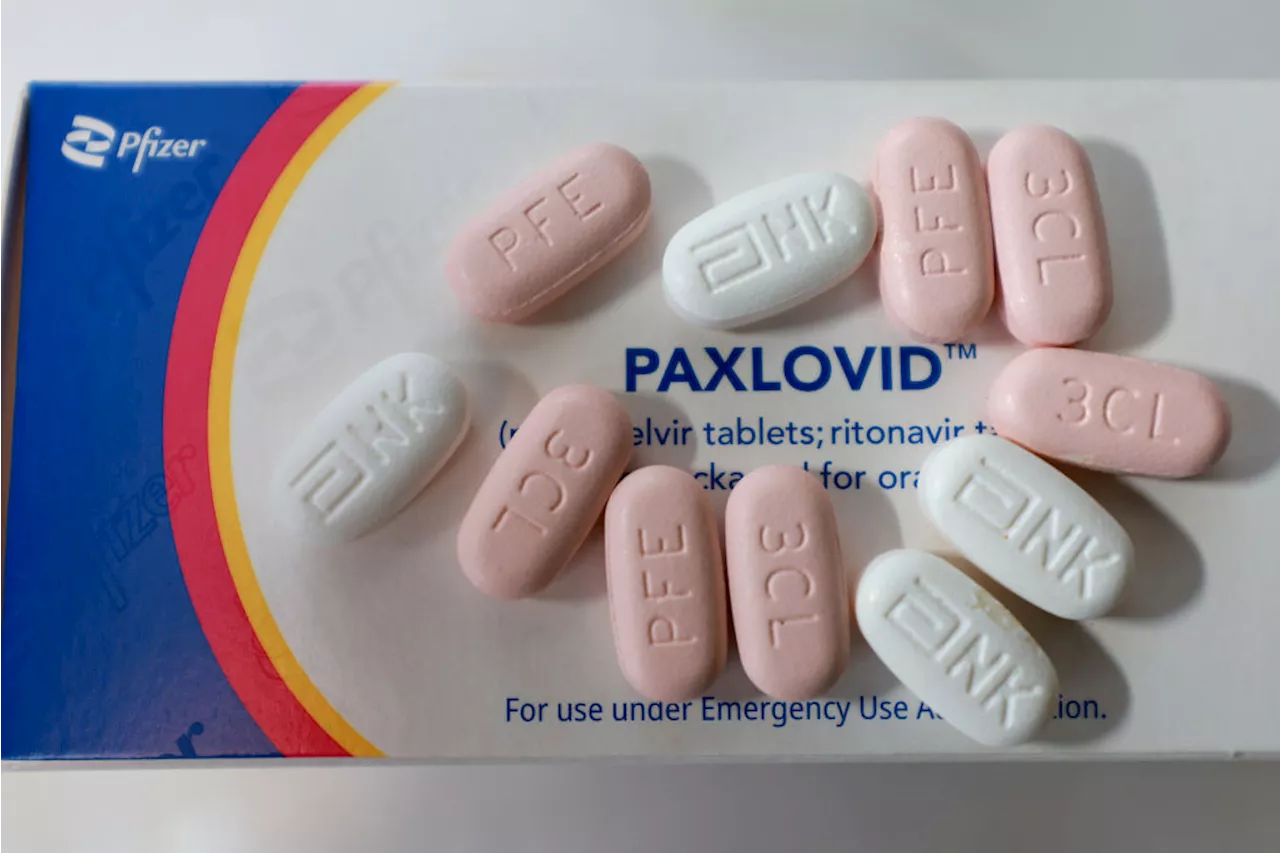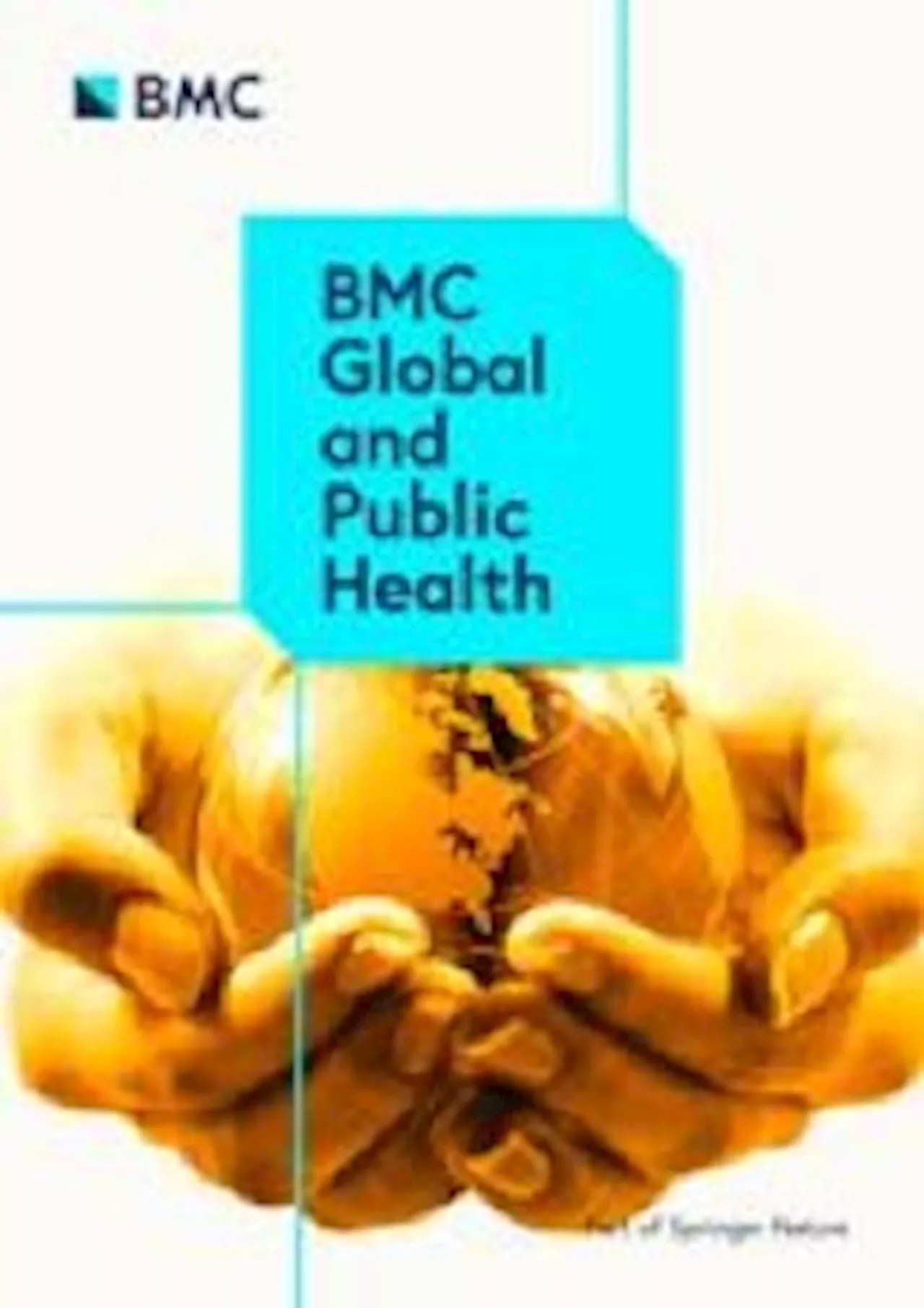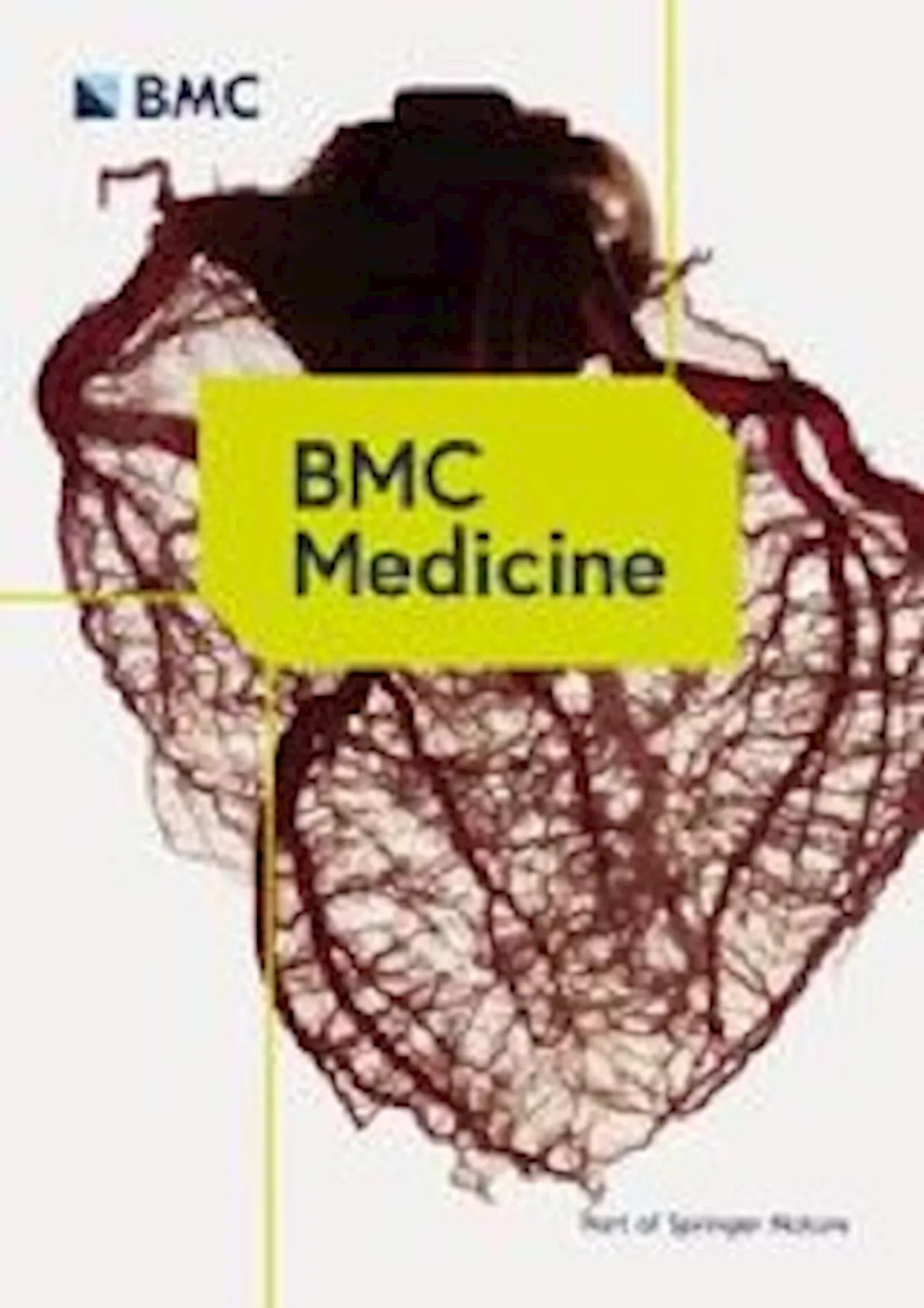A study projects the expected endemic seasonality of COVID-19 infections based on long-term data on the incidence of circulating HCoV coronaviruses. The projections indicate asynchronous surges of SARS-CoV-2 across different locations in the northern hemisphere.
Successive waves of infection by SARS-CoV-2 have left little doubt that this virus will transition to an endemic disease . Foreknowledge of when to expect seasonal surges is crucial for healthcare and public health decision-making. However, the future seasonality of COVID-19 remains uncertain. Evaluating its seasonality is complicated due to the limited years of SARS-CoV-2 circulation, pandemic dynamics, and varied interventions.
In this study, we project the expected endemic seasonality by employing a phylogenetic ancestral and descendant state approach that leverages long-term data on the incidence of circulating HCoV coronaviruses. Our projections indicate asynchronous surges of SARS-CoV-2 across different locations in the northern hemisphere, occurring between October and January in New York and between January and March in Yamagata, Japan. This knowledge of spatiotemporal surges leads to medical preparedness and enables the implementation of targeted public health interventions to mitigate COVID-19 transmissio
COVID-19 Seasonality Endemic Disease Surges SARS-Cov-2 Healthcare Public Health Interventions Transmission
United Kingdom Latest News, United Kingdom Headlines
Similar News:You can also read news stories similar to this one that we have collected from other news sources.
 Rebound Infections Reported in Some Patients Taking COVID-19 Antiviral DrugResearchers have found that around 20% of people taking the antiviral drug Paxlovid could experience rebound infections, leading to concerns about the drug's effectiveness in preventing the spread of COVID-19.
Rebound Infections Reported in Some Patients Taking COVID-19 Antiviral DrugResearchers have found that around 20% of people taking the antiviral drug Paxlovid could experience rebound infections, leading to concerns about the drug's effectiveness in preventing the spread of COVID-19.
Read more »
 Gargling Salt Water Could Lower Covid Hospitalizations, Study FindsA recent study has found that gargling and nasal rinsing with salt water can reduce hospitalization rates in patients with Covid. The study showed that people who gargled or nasal rinsed salt water had up to 40 percent lower hospitalization rates compared to those who did not. The goal of the study was to improve respiratory symptoms associated with Covid.
Gargling Salt Water Could Lower Covid Hospitalizations, Study FindsA recent study has found that gargling and nasal rinsing with salt water can reduce hospitalization rates in patients with Covid. The study showed that people who gargled or nasal rinsed salt water had up to 40 percent lower hospitalization rates compared to those who did not. The goal of the study was to improve respiratory symptoms associated with Covid.
Read more »
 Hepatitis B: A Major Cause of Liver Disease in AfricaThere are 82 million people living with hepatitis B (PLWHB) in the World Health Organization Africa region, where it is the main cause of liver disease. Effective vaccines have been available for over 40 years, yet there are 990,000 new infections annually, due to limited implementation of hepatitis B birth dose vaccination and antenatal tenofovir prophylaxis for highly viraemic women, which could eliminate mother-to-child transmission.
Hepatitis B: A Major Cause of Liver Disease in AfricaThere are 82 million people living with hepatitis B (PLWHB) in the World Health Organization Africa region, where it is the main cause of liver disease. Effective vaccines have been available for over 40 years, yet there are 990,000 new infections annually, due to limited implementation of hepatitis B birth dose vaccination and antenatal tenofovir prophylaxis for highly viraemic women, which could eliminate mother-to-child transmission.
Read more »
 Association between Ultra-Processed Foods Consumption and Cardiovascular Disease RiskThis study examines the association between ultra-processed foods consumption and cardiovascular disease risk. It also identifies plasma proteins associated with ultra-processed foods. The study includes 26,369 participants from the Swedish Malmö Diet and Cancer Study. Cox proportional hazards regression models were used to analyze the associations of ultra-processed foods intake with risks of cardiovascular disease. Linear regression models were used to identify the plasma proteins associated with ultra-processed foods intake.
Association between Ultra-Processed Foods Consumption and Cardiovascular Disease RiskThis study examines the association between ultra-processed foods consumption and cardiovascular disease risk. It also identifies plasma proteins associated with ultra-processed foods. The study includes 26,369 participants from the Swedish Malmö Diet and Cancer Study. Cox proportional hazards regression models were used to analyze the associations of ultra-processed foods intake with risks of cardiovascular disease. Linear regression models were used to identify the plasma proteins associated with ultra-processed foods intake.
Read more »